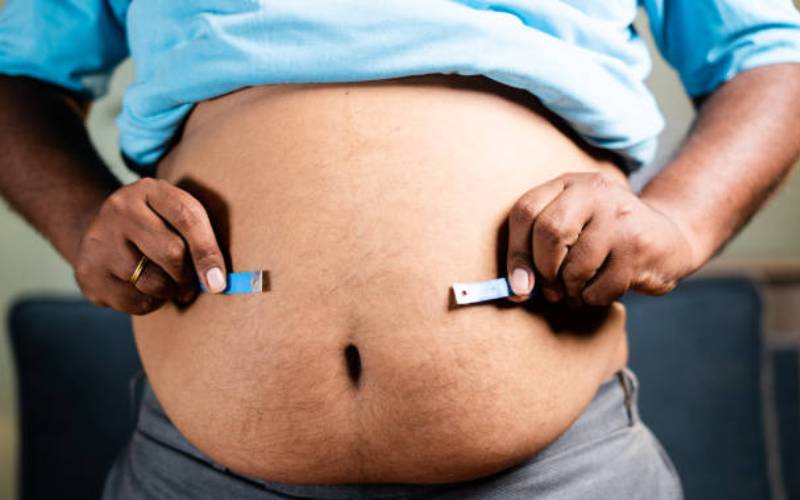×
The Standard e-Paper
Fearless, Trusted News

Reports that close to a third of the adult population in Kenya is overweight or obese is worrying and needs urgent attention.
We urgently need to change our ways as a society, otherwise, obesity might snowball into a crisis that will erode most households’ income due to diseases associated with being overweight and obese such as hypertension and diabetes.